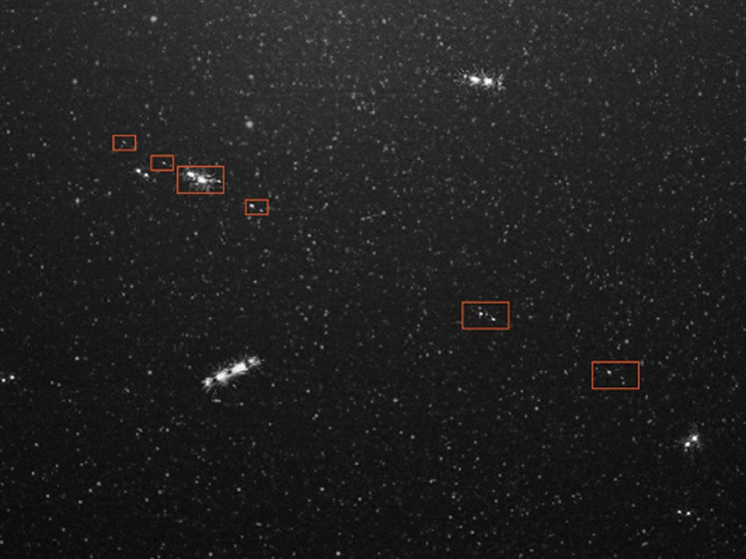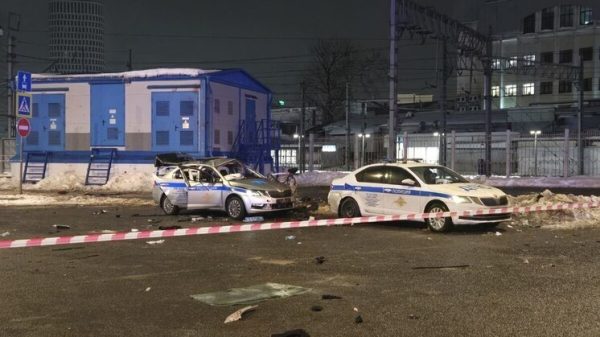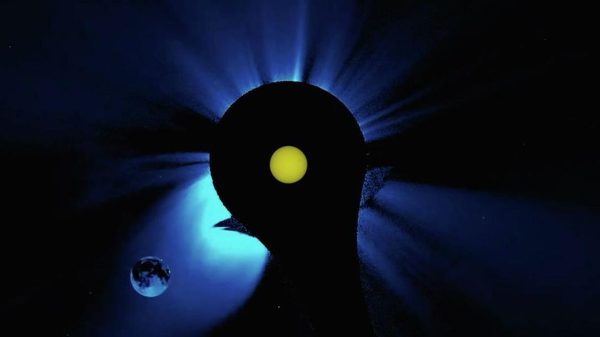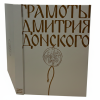We are talking about the launch of the Thousand Sails communications satellite constellation
The ambitious Thousand Sails project, designed to compete with Starlink, started with an unpleasant incident. The second stage of the Chinese Long March 6A rocket, which delivered the first 18 communications satellites into orbit, collapsed, leaving behind a cloud of debris — 300 fragments. SpaceX, the owner of the Starlink network, has expressed concern about this.
 Photo: Slingshot Aerospace
Photo: Slingshot Aerospace
While the debris does not pose a direct threat to Starlink satellites, their long-term presence in orbit raises serious concerns, according to SpaceX experts.
Let us recall that the Chinese Thousand Sails project, launched by Shanghai Spacecom Satellite Technology (SSST), is designed to provide broadband Internet access around the world. On August 6, 18 satellites were delivered into orbit; by the end of 2025, 648 satellites will be deployed there, and by 2027, their number will reach 1,296. Ultimately, the Thousand Sails constellation will consist of 14,000 spacecraft.
The «Starlink killer», as the Chinese group being created has already been dubbed, was initially received favorably (or at least pretended to be) by Elon Musk's company itself, stating that «such competition could become an additional incentive to offer the best satellite services at the best price for individual markets.»
However, just three days later, Musk condemned the “competitor for the formation of an additional portion of space debris in orbit – 300 rocket fragments that are at an altitude of 800 kilometers. Despite the fact that this debris does not pose an immediate risk to the Starlink group (its satellites fly at an altitude of 300 km), the company expressed concerns that most of it will still remain in space for decades.
SpaceX’s concerns are also related to regular incidents similar to what happened with the Long March 6A. According to data provided by the company on its Telegram channel, the destruction of the second stage has already been observed in four out of seven launches of this rocket.
“If such incidents continue, this could lead to a real catastrophe in orbit,” experts warn. – Space debris poses a serious threat to existing satellites, as well as to future space missions.»
According to the head of the Institute of Space Policy Ivan Moiseyev, such destruction of rocket stages happens, and not only to the Chinese, — this is not a very big problem. The fact that Elon Musk specifically pointed out this fact, so to speak, «put it on notice», is understandable, because his new competitor is «being born» in orbit. Until recently, only he had a low-orbit satellite group for global Internet access. Now the Chinese have a second similar one.





















































Свежие комментарии